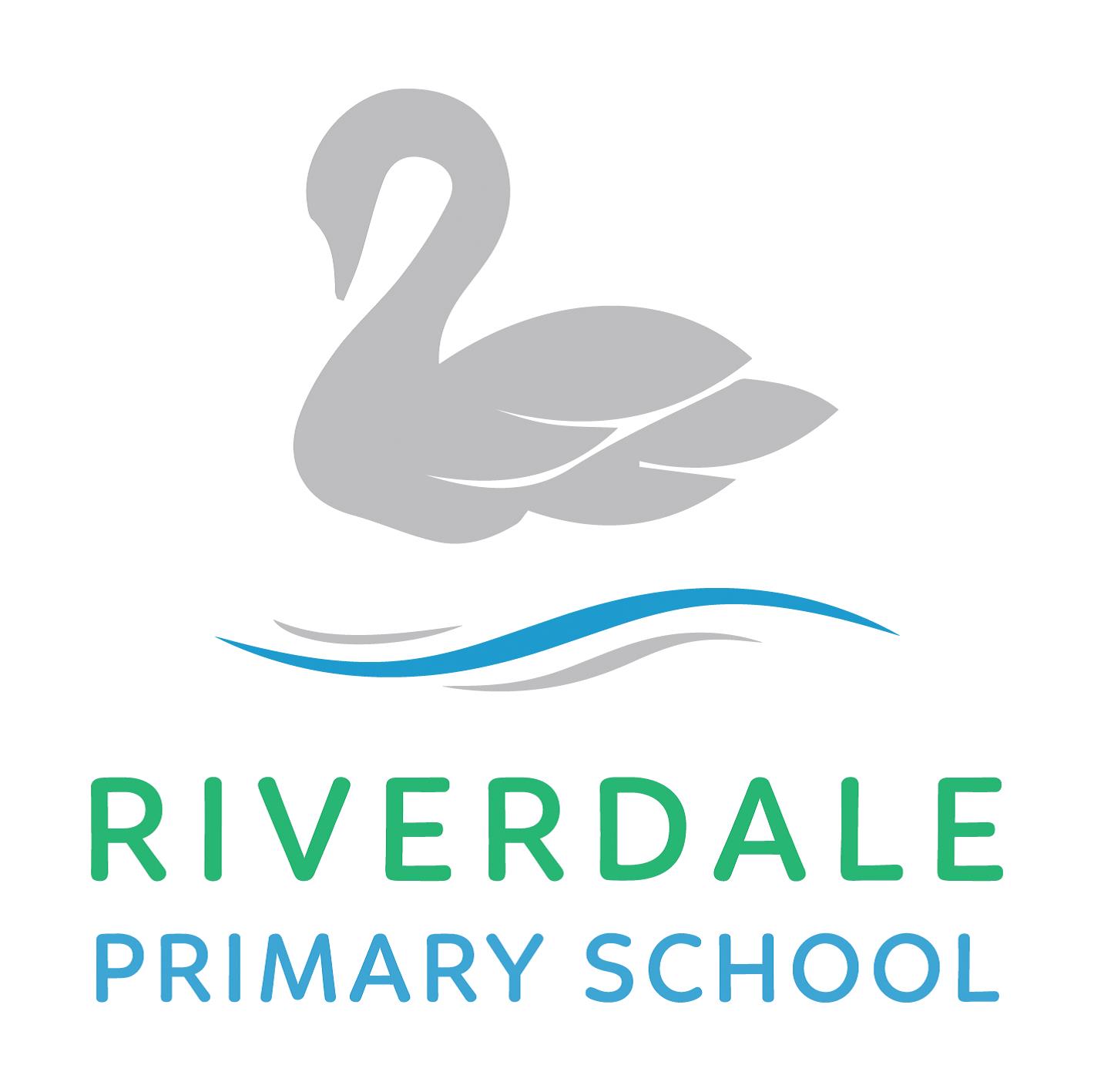Music
Though our teaching of Music, we aim to develop
A rapidly widening repertoire which they use to create original, imaginative, fluent and distinctive composing and performance work.
- A musical understanding underpinned by high levels of aural perception, internalisation and knowledge of music, including high or rapidly developing levels of technical expertise.
- Very good awareness and appreciation of different musical traditions and genres.
- An excellent understanding of how musical provenance – the historical, social and cultural origins of music – contributes to the diversity of musical styles.
- The ability to give precise written and verbal explanations, using musical terminology effectively, accurately and appropriately.
- A passion for and commitment to a diverse range of musical activities.
We will do this by giving children the opportunity to practise and apply their musical skills across the curriculum in the following ways.
Key Stage 1
- Use their voices expressively by singing songs and speaking chants and rhymes.
- Play tuned and untuned instruments musically.
- Listen with concentration and understanding to a range of high-quality live and recorded music.
- Make and combine sounds using the inter-related dimensions of music.
Key Stage 2
- Play and perform in solo and ensemble contexts, using voice and playing instruments with increasing accuracy, control and expression.
- Improvise and compose music using the inter-related dimensions of music separately and in combination.
- Listen with attention to detail and recall sounds with increasing aural memory.
- Use and understand the basics of the stave and other musical notations.
- Appreciate and understand a wide range of high-quality live and recorded music from different traditions and from great musicians and composers.
- Develop an understanding of the history of music.
Please click on the links below for details of the Music Long Term Plan and Music development Plan.




